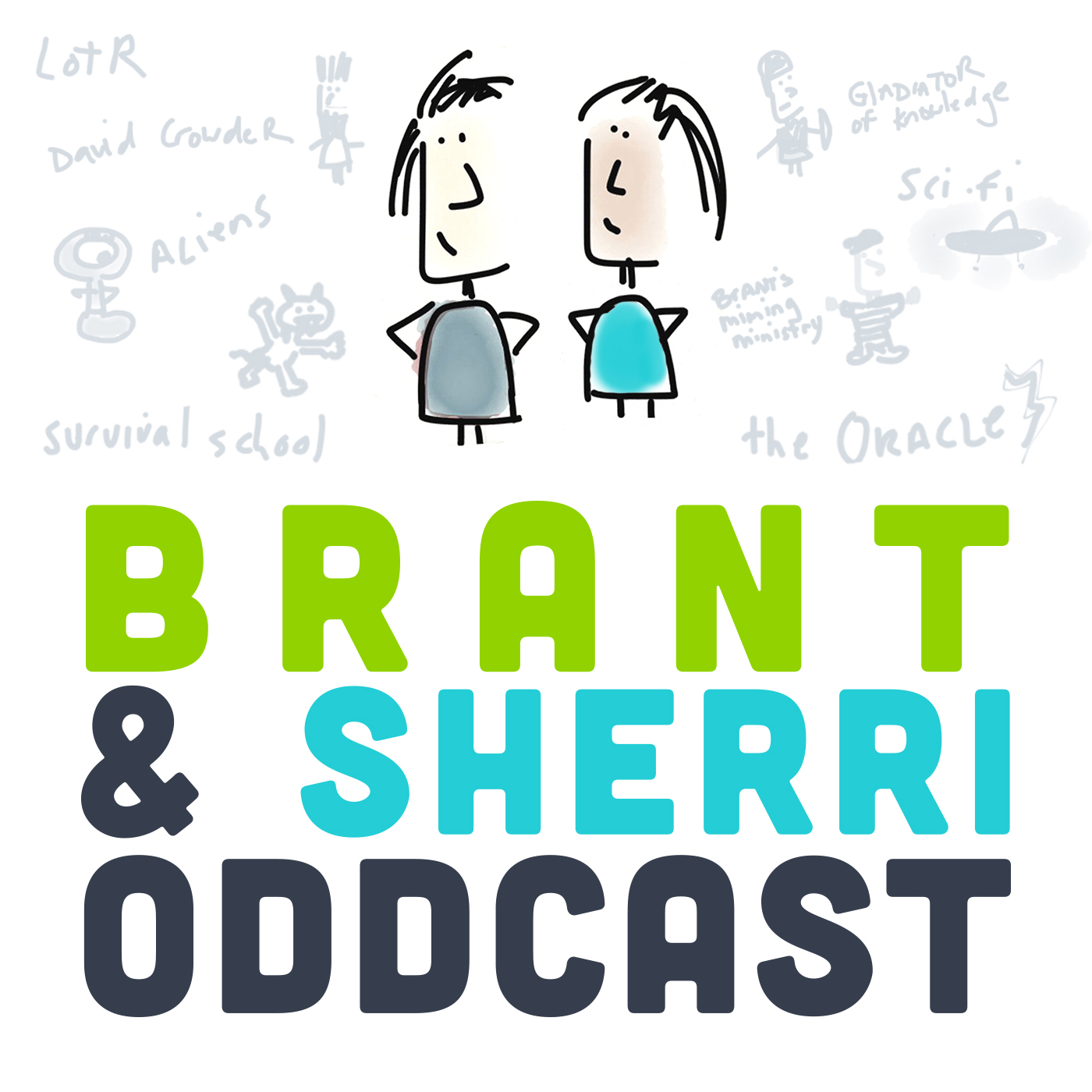

It’s become trendy to deconstruct your faith, but where do turn after you’ve torn things down to the foundation? Justin is a former pastor and current chaplain and mental health counselor, while Ansen is a former radio host and... current radio host. Together, they explore the idea of refreshing our faith by going back and taking another look at the Bible passages, beliefs, and church practices that we've all heard a million times.
Ever walked into church and immediately wondered if you belonged? Even something as simple as clothing can make us feel like we don't fit a certain context or culture. Maybe we're not dressed up enough, or too dressed up, or we just don't feel comfortable for some reason we can't quite put our finger on. In this episode, Ansen and Chaplain Justin discuss how we adorn ourselves... in terms of both clothing and character.
Ever walked into church and immediately wondered if you belonged? Even something as simple as clothing can make us feel like we don't fit a certain context or culture. Maybe we're not dressed up enough, or too dressed up, or we just don't feel comfortable for some reason we can't quite put our finger on. In this episode, Ansen and Chaplain Justin discuss how we adorn ourselves... in terms of both clothing and character.
What will heaven be like? It's one of the biggest existential questions facing humanity. Is it an alternate dimension hidden among the clouds, where we'll wear white robes and golden halos and sing worship songs for all of eternity? What about the babies with wings and other traditional images we see of the afterlife? We discuss what the Bible actually says about heaven... and what it doesn't.
What will heaven be like? It's one of the biggest existential questions facing humanity. Is it an alternate dimension hidden among the clouds, where we'll wear white robes and golden halos and sing worship songs for all of eternity? What about the babies with wings and other traditional images we see of the afterlife? We discuss what the Bible actually says about heaven... and what it doesn't.
In this story, one of Jesus' most well-known parables, we find a simple tale that tells a simple truth: God wants us to be kind to others. Well... yes and no. God does want us to love Him and our neighbor as ourselves, but it turns out there are many more layers to Luke's telling of Jesus' telling of the Parable of the Good Samaritan.
In this story, one of Jesus' most well-known parables, we find a simple tale that tells a simple truth: God wants us to be kind to others. Well... yes and no. God does want us to love Him and our neighbor as ourselves, but it turns out there are many more layers to Luke's telling of Jesus' telling of the Parable of the Good Samaritan.
It's called the "Great Commission" — Christ's final command on earth. While it's clear that sharing our faith is important, that doesn't make it easy... particularly in a culture that seems hostile to most any form of proselytization. How do we reconcile these marching orders with the moral code of our culture? Is there a gracious way to evangelize or make disciples in today's world?
It's called the "Great Commission" — Christ's final command on earth. While it's clear that sharing our faith is important, that doesn't make it easy... particularly in a culture that seems hostile to most any form of proselytization. How do we reconcile these marching orders with the moral code of our culture? Is there a gracious way to evangelize or make disciples in today's world?
What can we learn from Biblical characters? We've already discussed Old Testament figures like Abraham and David, but what do we do with the more... shady... stuff from their stories? Furthermore, how should all of that inform the way we think about hypocritical Christians in the modern day? Is all this mess proof that Christianity is a big farce? Or does it say something else about who we are and what God is doing...
What can we learn from Biblical characters? We've already discussed Old Testament figures like Abraham and David, but what do we do with the more... shady... stuff from their stories? Furthermore, how should all of that inform the way we think about hypocritical Christians in the modern day? Is all this mess proof that Christianity is a big farce? Or does it say something else about who we are and what God is doing...
It's one of the most well known stories in the Bible... the classic tale of the young shepherd boy David taking on and defeating the giant Goliath. What should we take away from this story? Is it that if we have faith or cunning or leadership skills like David we too can slay the giants in our lives? Or is there something deeper going on in this Biblical narrative?
It's one of the most well known stories in the Bible... the classic tale of the young shepherd boy David taking on and defeating the giant Goliath. What should we take away from this story? Is it that if we have faith or cunning or leadership skills like David we too can slay the giants in our lives? Or is there something deeper going on in this Biblical narrative?









Press Play to Listen
And feel free to keep navigating the site–your favorite music or podcast will continue to play!
Open the Player
Click the expand icon to see what's playing, recently played songs, and more!